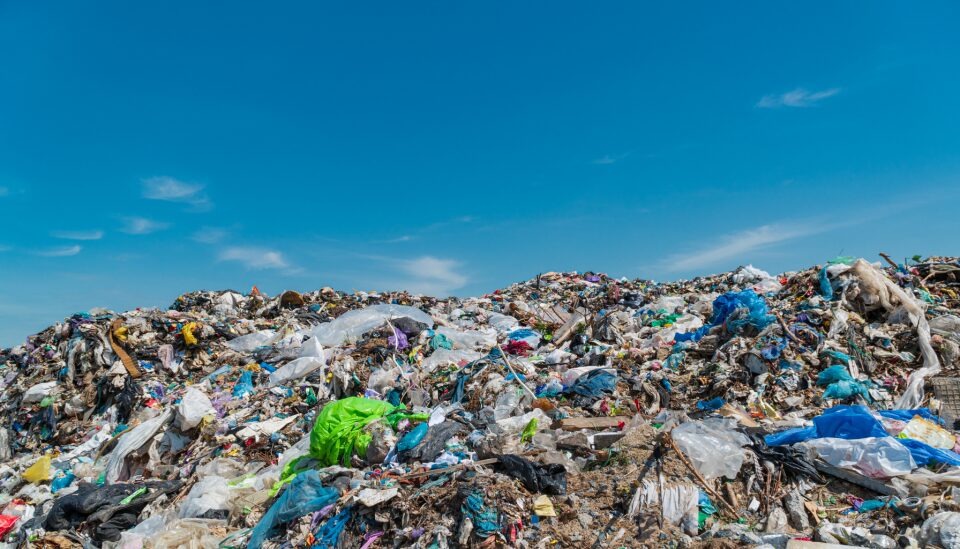At first glance, it may seem odd to discuss the broader implications of human consumption on a platform dedicated to renewable heating. However, renewable heating is an essential component of sustainability, and sustainability encompasses far more than our heating systems. It requires a holistic examination of our consumption habits, lifestyle choices and their far-reaching impacts on the planet.
Modern life, driven by consumerism, is not only about having more but also about obtaining everything as cheaply as possible. This pursuit of low-cost convenience has profound environmental consequences. Take, for instance, the proliferation of cheap flights. The aviation industry is a significant contributor to greenhouse gas emissions, yet the availability of budget-friendly air travel encourages unnecessary journeys. People travel not out of necessity but for the sake of affordability and the thrill of new experiences, often disregarding the environmental cost.
Festivals, Sporting Events and the Culture of Excess
Consider the aftermath of events like Glastonbury Festival, a symbol of cultural exuberance but also a glaring example of unsustainable behaviour. Each year, thousands of attendees leave behind mountains of trash, from plastic bottles to tents, creating a massive waste management challenge. This festival is not alone; large-scale events like Euro 2024 also exemplify the culture of excess. Reports of beer shortages in pubs and bars during the tournament highlight the excessive drinking and resource consumption that accompanies such events.
The culture of excess extends beyond festivals and sports. It permeates our daily lives, manifesting in various forms of consumption. Fast fashion is another industry driven by the desire for cheap, trendy clothing, leading to an alarming increase in textile waste. Brands churn out new collections at breakneck speed, encouraging consumers to purchase more than they need. The result? Overflowing landfills and an industry responsible for 10% of global carbon emissions.
The technology sector is equally culpable. The incessant release of new gadgets and the pressure to upgrade to the latest model contribute to a growing e-waste crisis. Electronic devices contain hazardous materials that, if not properly disposed of, can harm the environment and human health. Yet, the allure of the latest smartphone or tablet often outweighs concerns about sustainability.
The Environmental Impact of Excess Consumption
Our collective obsession with acquiring more for less has dire environmental repercussions. The carbon footprint of our consumption habits is staggering. According to a study by the University of Manchester, the average carbon footprint per person in the UK is about 10 tonnes of CO2 per year, with a significant portion attributed to the production and consumption of goods and services. This figure highlights the urgent need to rethink our lifestyle choices and their impact on the planet.
Plastic pollution is another critical issue linked to our consumption patterns. Single-use plastics, favoured for their convenience and low cost, are ubiquitous in modern life. Yet, they take hundreds of years to decompose, wreaking havoc on marine ecosystems and wildlife. The Great Pacific Garbage Patch, a colossal accumulation of plastic debris in the ocean, stands as a stark reminder of the consequences of our throwaway culture.
Cheap Food and the Addiction to Excess Meat
The availability of cheap food, particularly meat, is another glaring example of our culture of excess. The intensive production of chicken, predominantly from broilers raised in factory farms, epitomises this trend. While these practices make meat affordable and accessible, they come with significant environmental and ethical costs.
Our addiction to cheap meat extends beyond having chicken once a week. Instead, it’s manifested in the consumption of large quantities, often in the form of fast food. The cultural phenomenon of buying buckets of fried chicken is yet another example of this excess. This insatiable demand not only strains environmental resources but also fuels the cycle of industrial farming that prioritises profit over sustainability.
Intensive poultry farming is designed to maximise output at minimal cost, but the environmental toll is staggering. These farms generate vast amounts of waste, which often leaches into waterways, causing pollution and harming aquatic ecosystems. Additionally, the overuse of antibiotics in these operations contributes to the growing threat of antibiotic-resistant bacteria.
Rethinking Sustainability
Addressing the issue of excess consumption requires a fundamental shift in our mindset. Sustainability should not be confined to individual sectors like renewable heating; it must be a guiding principle across all aspects of life. Here are a few ways we can move towards more sustainable living:
1. Mindful Consumption: Before making a purchase, consider its necessity and environmental impact. Opt for quality over quantity and support businesses that prioritise sustainability.
2. Reduce, Reuse, Recycle: Embrace the principles of the circular economy. Reduce waste by reusing items and recycling materials whenever possible.
3. Sustainable Travel: Limit air travel and choose more sustainable modes of transportation. Support eco-friendly accommodations and travel operators.
4. Support Sustainable Events: Advocate for and participate in events that prioritise sustainability. Organisers should implement measures to minimise waste and reduce their carbon footprint.
5. Sustainable Eating: Reduce meat consumption and choose sustainably sourced foods. Support local farmers and producers who practice ethical and environmentally friendly farming.
6. Educate and Advocate: Raise awareness about the environmental impact of excess consumption. Advocate for policies and practices that promote sustainability at local, national, and global levels.


